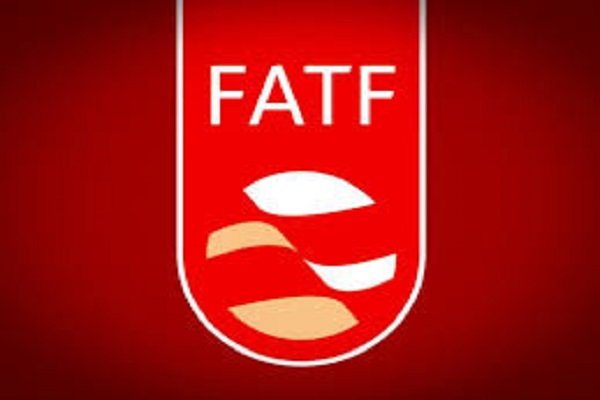FATF gives Iran until June to strengthen anti-money laundering rules

TEHRAN – Iran has until June to fix its anti-money laundering and terrorism financing rules or face increased international scrutiny of its banks, a global watchdog said on Friday.
Last October, the Paris-based Financial Action Task Force (FATF) watchdog had already given Iran until February to complete an action plan of reforms that would bring it in line with global norms, or face consequences.
The FATF concluded this week at a meeting that “there are still items not completed” and said in a statement it “expects Iran to proceed swiftly in the reform path”, according to Reuters.
If the shortcomings were not remedied by June, currently suspended countermeasures would automatically kick in, said Marshall Billingslea, the U.S. assistant Treasury Secretary for terrorist financing, after chairing the FATF meeting
“That is a significant indication from the FATF that time has expired, the action plan is overdue and we expect it to be implemented without delay,” Billingslea told journalists.
If countermeasures are reimposed, FATF members worldwide would be required to step up supervision of Iranian bank branches on their territory, including on-site inspections, Billinglsea said.
In the absence of compliance, the FATF called on its members to advise their banks to scrutinize all business with Iran, including obtaining information on reasons for intended transactions, stepping up controls on transactions and identifying patters of transaction for further scrutiny.
Foreign businesses say compliance and Iran’s removal from the FATF’s blacklist is key for making investments in the country, especially after the United States re-imposed sanctions on Iran.
France, Britain and Germany have tied this compliance angle with the use of a new channel for non-dollar trade with Iran to avert U.S. sanctions.
Those countries have said they expected Iran would swiftly put into place all elements of its FATF action plan.
One of the actions Iran is required to take to appease the FATF is joining the United Nations Convention against Transnational Organized Crime (UNTOC), which is also called the Palermo Convention, a 2000 United Nations-sponsored multilateral treaty against transnational organized crime.
The other action is to join the CFT (the convention combatting financing of terrorism).
The Expediency Council in January put these two conventions on agenda, but has since postponed a final decision in two-weekly times.
While not joining the conventions puts Iran at risk of international isolation, conservatives in Tehran argue that accession to the FATF requires voluntarily accepting restrictions set out especially by the U.S.
MP Abolfazl Hasanbeigi in January claimed that Supreme National Security Council secretary Ali Shamkhani in a closed session of the parliament clearly said that joining the CFT will not be in the interests of the Islamic Republic.
However, Mohammad Rezaz Nobakht, a close associate to President Rouhani who heads the Budget and Planning Organization, said the Supreme National Security Council favored joining the FATF.
On January 21, the Iranian Parliament (Majlis) sent the CFT bill, which the Guardian Council says there is still 19 faults with it, to the Expediency Council for final decision.
On October 7, 2018, the parliament voted in favor of the CFT. At the time, a total of 143 lawmakers out of 268 ones present in the parliament voted in favor of the bill. However, the oversight Guardian Council rejected the bill by finding 22 faults with it.
To become a law, the Guardian Council should vet the bill for compliance with the Constitution.
According to the constitution, in cases when the parliament and the Guardian Council disagree on a bill the issue is referred to the Expediency Council for final arbitration.
In October, Ayatollah Ahmad Khatami, a member of the Assembly of Experts and a well-established conservative figure, criticized the notion of joining the FATF, comparing it with “going to the gallows”.
“The FATF’s executive secretary has said there’s no guarantee Iran would be removed from its blacklist,” Khatami told worshippers in Tehran at the time, asking, “Now that there’s no guarantee, why should we tie such noose around our neck and strangle ourselves?”
SP/PA
Leave a Comment